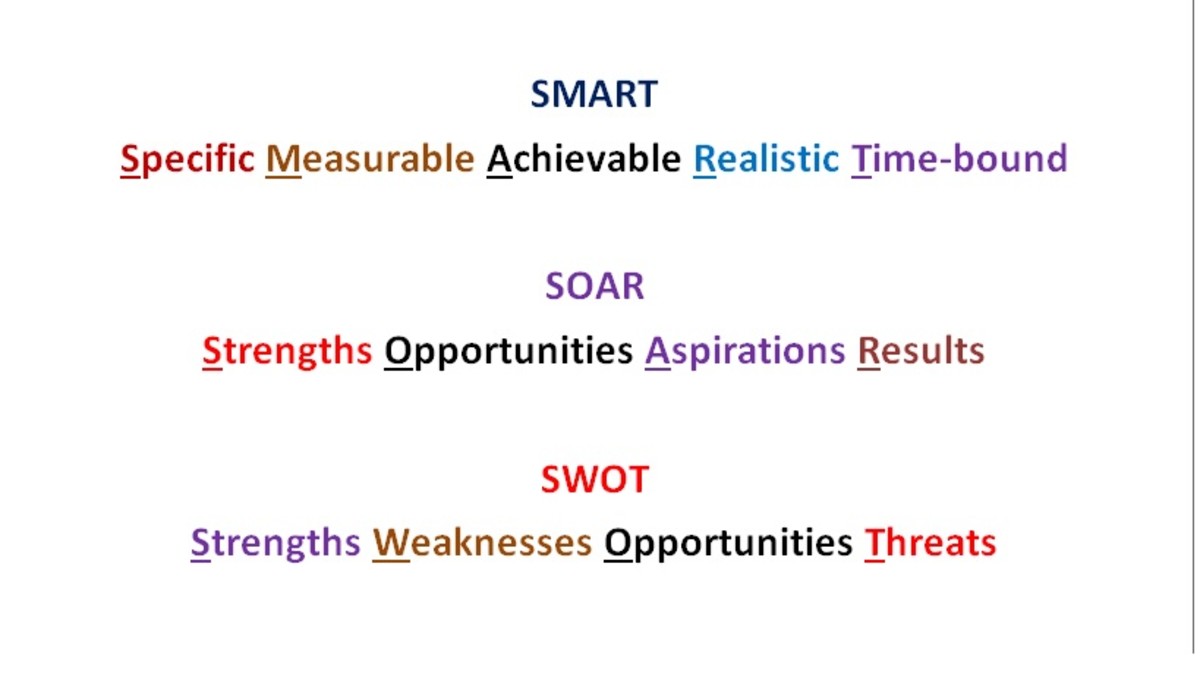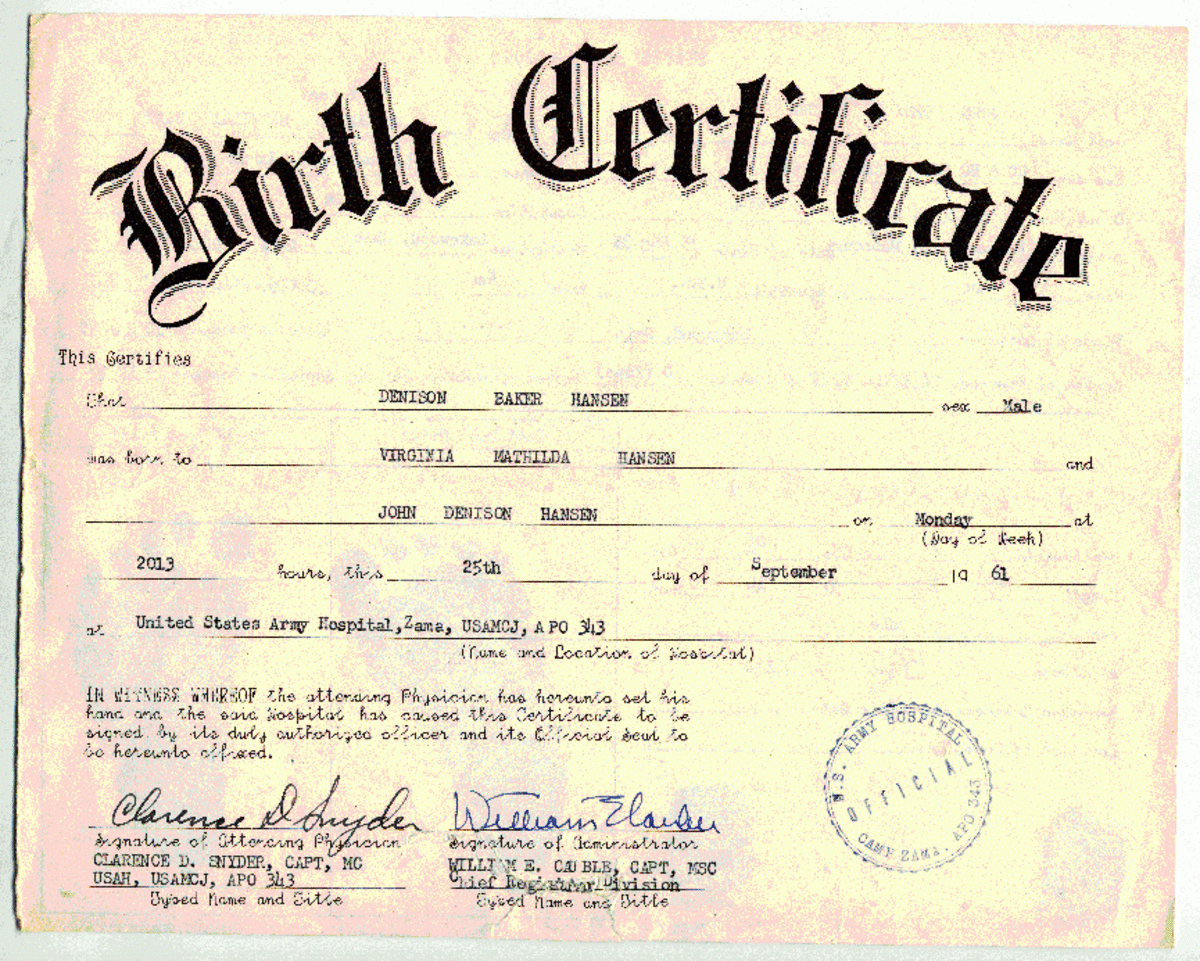Time management tips for all..

Time is one of the expensive resources of life. It is distributed equally to all
organisms irrespective of race, territory and age. It is a resource that cannot be
saved for future use. Science has not invented any device to save time; neither any
bank offers an account to save time. This is because time cannot be added up to be
used later in future. It goes on no matter how we use it today. Same amount is allotted to us next
day. No happiness or worry can stop it or change its speed. It is unidirectional and
goes on in one direction, which is the forward direction. Only those in life are successful who are able to cope with time, who are aware how to make best use of it. Effective use of time guarantees success in life as well as in hereafter. Time Planning is a key to success.
Time should be spent consciously and with our will, instead of letting it pass by.
It is not easy to change our routine of spending time overnight. However, willingly and
consistently this can be done. Time planning is in our own hands and we need to use
it wisely to get maximum benefit out of it. Major objectives in life can only be achieved
through better time planning.
Time is relative, not absolute. It means it has different meanings and value for
different persons, at different places whether it be in villages or cities. Every
hour has 60 minutes in it but it is quite different in actual length for people in
different situations. For some, moments go in seconds while others take centuries
to pass it. It hurries in the moments of happiness but slows down in despair.
People use time in three ways. Some use it wisely; others just spend it in one way or the other, while some just let it go. Spending time in useless activities and letting it go by itself is not the wise use
of it. Any spare time needs to be invested in some constructive activities so that we might be able to get the fruit afterwards.
Time investment is the best investment ever made. It should be used wisely while
investing. 24 hours are added to our life every day. We need to decide how to make the
most out of it. People often claim that they have saved time but saving is actually not possible.
No one can add one saved hour to next 24 hours. If that saved hour is not utilized or invested in some fruitful activity, that spared time is actually wasted, not saved. Spending finishes the things but investment always returns you a profit. Those who claim to save time don’t succeed until they invest it properly. Only investors are successful in life. They use their time wisely and take full benefit of their energy, abilities and time.
How to Plan our Time.
First step towards time planning is to analyze our daily activities first to see where do we
spend most of our time, or where do we invest it. For this purpose, we need to make a list of our
daily activities and calculate how much time is consumed by each of them. Our daily activities include sleep, food, to get fresh, travel, work, and relax, waiting for somebody, social activities, TV, internet, exercise, hobbies, homework etc. we need to analyze time used for each activity.
Television and computer screens are the worst enemy of our time, as we don’t realize how much of it is wasted in fruitless activities on the screen.
We often hear a general complaint from people that they don’t have time for certain things. Shortage of Time excuse is the most widely used excuse in the world. It is actually an
acknowledgement that the person is unable to utilize the time in the best possible way. That is the reason most of the time is wasted every day in mundane activities. At the end, others are blamed to waste his time. Time planning is an important thing but the most important thing is to stick to
that planning and follow things as planned. Planning alone does not work if it is not followed.
According to a research, out of 8760 hours of the year, 2920 are consumed in sleep,
1928 in work, 1669 in holidays, 320 in additional holidays, 1446 in wandering
during work and 482 in travel. The reality is that we can’t create time; we can only use
it effectively.
What if someone is given 10 million dollars to spend? First things to be done would be to
go for shopping. What if he is told that he would have no more money in the rest of
his whole life? Would the spending be same now? Definitely not. Same is the case
with Life. It is just like those 10 million dollars, nothing after that. Average age of man is 60 years
, which is actually those 10 million dollars for each of us. We need to think time and again before
spending it without purpose. Every day, a part of it is allotted to us to utilize. Everybody arranges his budget according to his salary at the start of the month. Has anybody ever planned 720 hours in the coming month?
What to do if we have more tasks and less time? We all know time can’t be purchased. Therefore, we need
to prioritize our tasks based on solid grounds to spare time for all the activities.
Time Wasters
Everyone has different habits of his own. Some of them are time friendly while
others waste a lot of time. To be a successful time planner, we need to categorize
the type of habits we have. We need to change those habits that waste a lot of our
time. This would only be possible through self-analysis.
According to a research, people waste 60% of their time in their life due to lack
of clear objectives and planning. The first step towards time planning is to balance the activities and available time. Any activity included in the plan will be judged on three criteria. Those who don’t
meet will need to be left over.
Criteria should be transparent. Gather all your activities and judge under these
three rules.
Is this really necessary? Judge all tasks on this rule and leave those not fulfilling the rule. Make a list of those excluded and you would know how much time was saved. The time spared can be used in activities of higher priority.
Best way to do a task -How an activity will be done? Who will do it? Is it
necessary for you to complete each and every step or it can be split and assigned
to your subordinates? If someone else is available, assign the task to him. There
are certain tasks that can be done by others and save you a lot of time.
Is there a better way to do this task -People might be doing it in the same old way. How differently can this be done actually opens new ways of thought? If you find a new way - you are the discoverer and explorer for others - thus setting a new path for your predecessors. If you make a list of those activities you would do in a new way, an extended list would mean that you are really finding new ways of doing things.
Do you spend your time according to your own will?
People often have no control over their routine. If you plan an activity but are not able to proceed accordingly, something is wrong somewhere in that planning. For a worker, time can be planned other than the time he spends at work. To choose the right task at the right time is the true wisdom. You are always free to adjust time according to your tasks. Those who believe that they have full control over time are better able to deal unexpected tasks. When you think you can’t do it, then you can’t do it. All that matters is how you train your mind. Confidence to have a control over time can have a positive effect.
The main diversion is that your time is lost in activities that are unplanned. Then it goes out of control. You can avoid these things by following these guidelines.
- Reduce unnecessary social activities - avoid long discussions that have no results.
- Simply apologize the person that you have to complete some other tasks. When you develop this good habit, others will know that your time is important.
- Expect only to spend 50% of your time according to planning. Use this time in your fruitful activities. If you are able to increase it to 80%, you are successful- 20% is bound to occur, don’t panic about that.
- Avoid activities that are lower than your abilities- assign those to your subordinates.
- Periodically review your planning and time saving strategies and try to improve where possible.
- Deadline for a work actually signifies the start line. Never delay the start of an activity. Develop a habit to decide at run time on issues of low priority.
Don’t waste time on activities which are beyond your control and you know those can’t be done on time. Either think before starting or don’t start at all.
Prime time
It is highly paid time on media channels when the rates increase 500 times or even
more. Same is the case with humans - there is always a time in a day when it is a
prime time for someone. Prime time is different for everyone- when you can do
hours’ work in minutes- body and soul are completely streamlined. For most of the
people, it is in the morning. Know your prime time before you plan and add your most important tasks during that time. Every part of the mind and body during that time works in an effective way. Plan tasks of low priority after prime time. Use breaks to recharge the battery of your abilities.
People don’t pay much attention to time because it is already available and they
don’t have to strive for that. Every year, 8790 hours are added to their account without any effort from their side, so they don’t bother. Ask those who have the last coin of their account in their hand
and their account is to be closed forever. They know very well which one is important, time or money.
ü Don’t let worries drive you. Analyze yourself.
ü Prioritize your tasks and choose the one with high priority first.
No one lacks the ability to perform a big task; the difference comes in the choice
of objectives- long term and short term.
20:80 rule- This is a rule Introduced by an Italian Alfredo Perito in the 19th century. According to this rule, 20% of worlds’ population occupies 80% of wealth and resources.
This rule can be generalized.
20% of your work supports 80% of your success.
You can succeed by putting 20% effort and get 80% results but that should be done
at the right time and on the right thing. People often leave planning due to difficulties.
Things to take care for better time management
- Start your work a few minutes earlier. This can be done by two ways, either wake up a few minutes early or start the assigned work a few minutes before.
- Try to deal with petty matters quite quickly - it will save time.
- Phone is the biggest enemy of time planning - tell the caller straightforward that you are busy and can’t take call.
- Avoid open door policy. People should know what time is your busy time and when you will be available.
If you spend 8 minutes daily on planning, you can spare one hour daily. Most
important thing is to write down the planning because mind forgets easily due to so
many diversions.
Written planning releases pressure from memory and motivate you towards the
objectives.
- Reviewing your plans everyday keeps you on the right track.
Keep a record of the activities not completed in a day. Compile your monthly record and you will know where you failed and what the reasons were. It will also help you in future planning.
Do you think one can be successful by managing the time better
If a woodcutter does not sharpen his axe with the only reason that he doesn’t have
time and spends more time and effort on his work, he is definitely not a wise person.
Planning should be realistic and on daily basis. You should know how much time is
required by each task. If it takes more time than assigned, something is wrong with
the planning or the way of doing it. Do not force adding a task in day’s planning
that can’t be completed. On an average, no more than eight tasks should be scheduled in
a day. Always start your day with the planning you had, analyze your failures at the end of the day and try to overcome them the next day. If you are able to complete your tasks as planned in a day, it will give you a sense of satisfaction and confidence. If you continue, you can manage successful
planning for years. Always start a day in a happy mood. If something went wrong yesterday, leave it
with yesterday, don’t carry it to today, don’t spoil your today.
To have a positive attitude
- Perform one daily task that gives you satisfaction
- One task daily that carries you closer to the objective
- Keep a balance between professional and personal life.
If you are successful in one day’s planning - consider it a gift and thank God who gave you ability to do so.
Planning helps in two ways
- It shows you the way to success and helps you identify the resources needed to move
to that objective. - Through planning you also know when to start a task because you know how long it would take to complete and how much resources are needed.
Always learn from failures and plan better for future.
Two factors involving wastage of time are:
- Internal - lack of discipline, put off today’s work on tomorrow, not able to ‘refuse’, dependent on mood, unnecessary discussions, extra consideration on perfection, unnecessary tension, lack of will, fear of failure.
- External - visitors, phone calls, letters/emails, waiting for somebody, unproductive meetings, crisis and problems, unwanted guests, extended tea breaks, time spent to avail unnecessary information.
Internal Factors
Decide a deadline for that work and strictly follow that.
- Arrange rewards for your own self, instead of expecting something from outside. Acknowledge your effort and have some rest. You can set a target e.g. if I complete this work in this amount of time, I would go for an ice cream or burger. Similarly, you can decide a punishment for yourself for not completing the work, e.g. I won’t go home until I finish this task.
- Try to get those things done which seem uninteresting so that they don’t bother you
throughout the day. - Leave old habits that waste your time. If you decide a line of work for a task, don’t consider any alternate option, stay focused on finishing it.
- Develop a habit to start things ‘today’. If something is beneficial for you, don’t
wait for tomorrow, just start some part of it today. - Do start a work at the time you have decided for that work, don’t delay the start.
- In the beginning, complete those petty and simple things being postponed for quite longer time. Their completion would give you confidence. Then move forward to bigger, difficult tasks.
- Use divide and rule principle - complete bigger tasks in small parts.
- When you feel stressed, have a break and reboot yourself.
- Don’t work on multiple objectives simultaneously. Reduce them.
- Some tasks remain on the delay list because they appear uninteresting- It might be as if you also don’t like a food and always avoid it. Once you tried and it became your favorite food. Similarly try some of those tasks, they might turn interesting if you focus on them and have a place in your favorite tasks. Try some of them with a plan of punishment and reward.
- Learn to say no politely and avoid being sorry for that.
- Don’t sacrifice your own important tasks on others’ preferences.
External Factors
Sometimes you try your best but don’t succeed due to external factors. You need to identify them and find a way of how to deal with them. These might include:
Unwanted Visitors
This is the major factor in time wastage. Try to decrease the number of those who
are allowed to come in to your office. If you require someone’s help, go to his desk instead of calling him in because it is hard to ask people to leave when they sit with you. However, you can come back any time you want. Don’t encourage unwanted visitors-talk to them while standing - it will shorten the
conversation- don’t offer them to sit until you are sure that you are free. Ask them politely that you are busy in an important work and will not be able to spare time.
Phone
You can’t avoid listening to a call but you can decrease the time on each call. You can assign this duty to juniors when you are busy. He can make a list of those who need a call back. When on phone, be short and precise and when you get required info, disconnect softly.
Emails/Letters
Divide your email/other communication into two parts- informational and workable where prompt response is required. Also, categorize those who are to be kept and those to be wasted. You can reply some emails through phone and save time. Some messages require a fixed answer; you can
prepare them ahead of time and respond promptly when required.
Waiting
Time is wasted in waiting for meetings, sitting in bus, and business deal. This time can be used in a better way considering two things.
- Avoid waiting for those who have a fixed time for you to meet. If you visit somebody for a meeting and he is not available, leave a message to his secretary or colleague and come back.
- Waiting time can be spent in reading newspaper, messages, to get professional information. Instead of sitting idle, use pen and paper and plan something or have
Meetings
Meeting are of two types. Those arranged by you and those you participate in. When you call a meeting, you should plan for it. Only invite required personnel, focus on the objective, decide a time constraint, when objective is done, share responsibilities among members and end with a schedule of follow up meetings.
Regular staff meetings waste a lot of time. Two things would be helpful. Decide an agenda for the meeting and prioritize your concerns. If there is nothing important to discuss, cancel the meeting. Don’t start a proposal that is discussable between two persons only. When you are to join a meeting, be prepared for it before time. It is important to identify factors that spoil time.
I believe this article would benefit all those reading it and work according to the guidelines mentioned.









